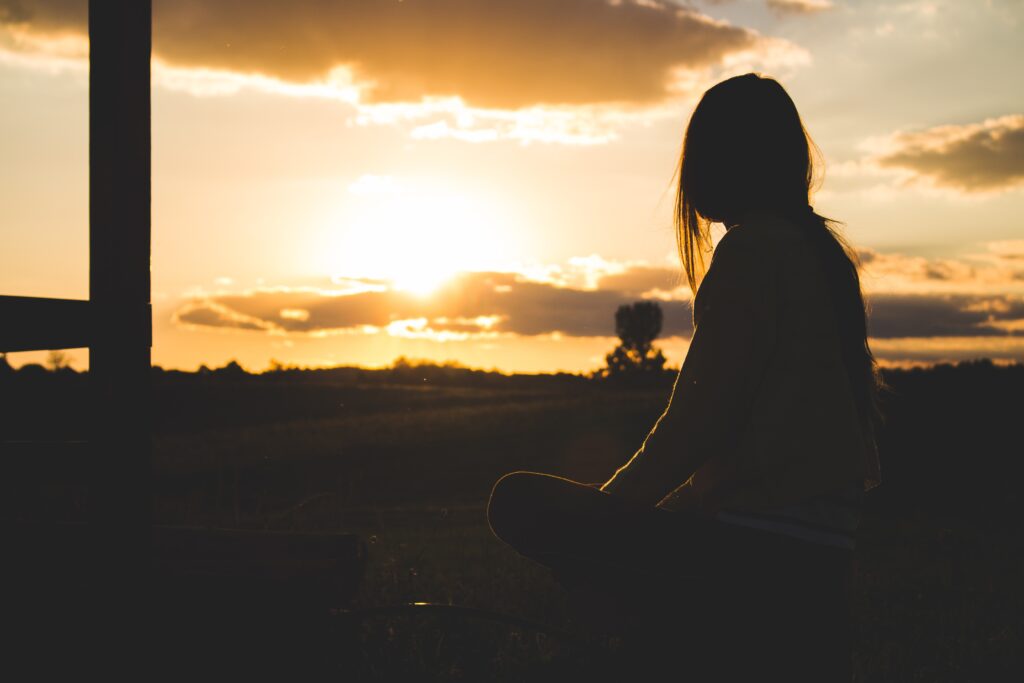The difficulties and lack of availability for students trying to access counseling services are prevalent on all college campuses, and the mental health crisis among young adults and teens is so pervasive that it warranted a mention in President Biden’s State of the Union address. “Let’s get all Americans the mental health services they need,” he said in his address a few weeks ago. Our government must implement meaningful changes. As the president said, we need more service providers and “full parity between physical and mental health care.” How can anyone find it acceptable that suicide is the #2 cause of death for college students?
On Friday, February 11, 2022, our family was irrevocably shattered. We suspected something was very wrong when our youngest daughter, a sophomore in college, did not respond to our increasingly worried texts and calls throughout the afternoon. Yet we were unable to bypass what seemed to be a lengthy process requiring several layers of approval for the police or university staff to open her dorm room door. When her door was finally opened we received the call no parent should ever have to endure. Our daughter was found dead. She had died by suicide. The protocols for handling situations involving a reasonable concern about a student’s life must be clear and made known to the entire campus community. Moreover, those protocols must include immediate access when a student’s life is at risk, combined with significant penalties for anyone who abuses the process to gain access for inappropriate reasons. What if immediate access could have saved our daughter’s life? What if this happens to someone else who could be saved? Demand to know your student’s college protocols for access to their rooms in emergency situations before you need to request access. Don’t take it for granted that your student’s college has figured this out. Ask questions and keep asking until you get satisfactory answers, and if you don’t get satisfactory answers, persist and do not be silent.
Until that terrible day, we were a close-knit family of five. Three adult children, my husband, and myself. My husband and I always talked about how lucky we were that our daughters were so dedicated, so accomplished, so generous in spirit and action. All this is still true today, yet now we are left with two living daughters and one who silently suffered without our knowledge. Our daughters are close in age, purposely, because we wanted them to grow up together and have each other as friends and support. Our girls were typical siblings and would fight and argue as only siblings can. But they were always there for each other, always checked on each other, and always advised each other, whether or not it was warranted or appreciated.
What happened? I will ask this question until my dying day. Did I miss the signs? Should I have asked more questions? How did I not see that she was in pain? How does a mother not know her child? How could I not sense the depths of her despair?
When my daughter suffered her concussion two weeks into the first semester of her sophomore year, she received what appeared to be proper medical attention. She seemed to have had the requisite tests and physical therapy to help with her healing. She missed two weeks of classes, but she worked hard to catch up and excelled in her schoolwork. She also managed to maintain extracurricular activities and continue her activism in causes that were important to her. From what she told us, she had healed, and after finishing the semester successfully, she was looking forward to a fresh start in her second semester. We had no concerns with her going back to school because she said she was feeling 100%.
Now we know that she had been suffering from persistent headaches and insomnia, causing a lack of interest in her classes and activities. She kept this from her father and me, and she swore others to secrecy because she did not want us to worry. She was not isolated; she was always surrounded by her wide circle of friends. She was always active. We’ve learned that she received some counseling post-concussion and said that she wished that she could feel the same joy she felt before it happened. Something changed in her brain yet no one was able to see it. Her counselors asked her about suicide ideation and she only mentioned it once, months before her death, and thereafter denied it.
None of her friends saw her death coming, not even those who knew a little of what she was going through. Her counselors, her friends, her sisters, her parents, no one, no one saw it coming. The effects of concussions can be serious and sometimes deadly. Football players have lost their lives to suicide following concussions and subsequent impairment of their cognitive abilities. Greater awareness and care need to be taken with people who suffer concussions, particularly for students in a competitive college environment. Our daughter was legally an adult at 19, but even at that age, the prefrontal cortex is not fully developed, and their judgment is not always sound.
My daughter lived only 19 and ½ years. She had her whole life ahead of her. She had plans for her future and she had an astonishing number of friends, friends who loved her and whom she loved deeply. She had a family who adored and cherished her. She was passionate about social justice. She was a leader, she was an activist, and she was going to save the world. Our family is crushed. Her two sisters are shattered. My husband and I are broken and will forever grieve her loss of life and the loss of her bright future.
What do I wish to accomplish by writing this? This is not to tell you of my heartbreak. This is not to tell you how destroyed and afraid I am to face my new reality. I am not alone or unique in this. We have had an outpouring of love and support during these last few weeks. We also have heard many similar stories of families who have lost children, siblings, nieces, nephews, and best friends to suicide. So many are struggling with mental illness and suicide ideation. Combined with the aftereffects of concussion, these struggles are even more likely to prove fatal. Yet why aren’t more people talking about it?
Suicide should not be a dirty word. Mental illness must not be a shameful secret. Over 60 million Americans suffer from mental illness yet the majority of those who need help go untreated. It is a growing epidemic that is affecting everyone, particularly our youth. Transformative change to the U.S. mental health landscape is possible through policy, advocacy, and evidence-based treatment models. We must promote systematic mental health education; we need mental health parity in regulation and intervention services; we need a defined continuum of care in all our communities; we must make this a national initiative. Something needs to change. We are losing the best of the best. Orli wanted to make the world a better place, but since she can’t do that now, please help fulfill her mission. Help her legacy live on. Do this for her and do this for your children. Don’t wait until this affects you personally. Demand change now.
This Medium article was reposted with permission from its original author, Timna Sheffey (“Speaking Openly About Mental Illness Won’t Bring My Daughter Back — But It Could Help Others Suffering In Silence“)

